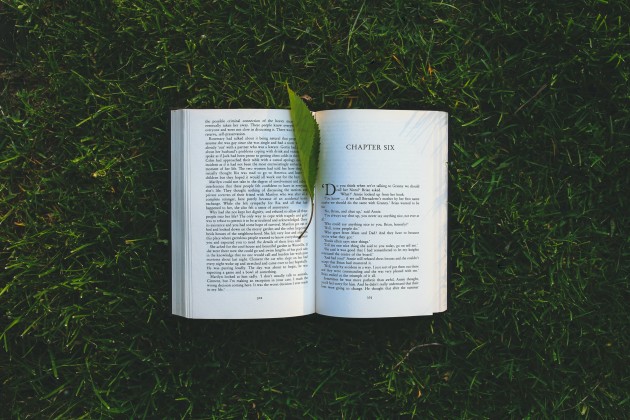
Book Review: ‘The Gospel of Eve’ is perfect for dark academia lovers
‘I’ve always been inclined to live mostly inside my head. My own thoughts tend to consume me, ravish me, delight me or torment me. There is a lot to be said in favour of this approach to life. It is insulating.’
Dark, eccentric and unholy in its religious extremism. This is just a tasting palette of words that could describe Rachel Mann’s first novel ‘The Gospel of Eve’. An Anglican priest, poet and writer, Mann pens this piece in a style that is becoming increasingly popular; Dark Academia. A trend that started out on Tik Tok, it is inspired by books like Donna Tartt’s ‘Secret History’ and films such as ‘The Dead Poet’s Society’. Inherently gothic, it draws on the architecture and atmosphere of academia of Ivy League colleges and Oxford in the 1930s. Mann’s book indulges in this theme to the extreme, delivering a jaw-clenching, intellectual read.

‘The Gospel of Eve’ is an unsettling and atmospheric read and from the start. It is instantly clear that all is not quite right in the seminary of Littlemore, where Kitty Bolton is training to be a priest. We follow her through her first year in training in the surprisingly loosely moral-ed seminary that dwells in the looming shadow of the disused Victorian mental asylum next door. As Kitty navigates her first year there, she falls in with an academically intense and wonderfully dark crowd, who’s intelligence, extremism and upper class behaviour seem to separate them from the rest of the trainees. Things begin to take a glorious and terrifying turn for her as she, in her awkward self-consciousness is accepted into their elusive and effortless folds.
A character obsessed with medievalism and the mediaeval church, Mann’s Kitty masterfully weaves her story in and around powerful and potent academic theory. The history and literature and liturgy that permeates this text is certainly accessible for anyone with an interest, but this is an extremely cerebral read, for anyone looking for something lighter. Voracious readers will appreciate the almost lust-like thirst for knowledge, the quest for it seductive and haunting throughout the book, causing people to go to dangerous and unthinkable lengths for it. As mediaeval practices become a focal point, not just in their studies but their daily lives, a persistent sense of dread hangs over the reader. Things begin to get stranger and stranger around the campus, the combination of sin, feverish scholars and the claustrophobic atmosphere of the seminary making a pressure bomb that explodes with implications not only for Kitty, but the wider Church as a whole.
Our eyes and ears into a world that we do not understand, Kitty is just as puzzled as we are by the games afoot and calculated insinuations that all is not as it seems. We follow along with her as she discovers the strange trails of blood mar the corridors and uncovers the strange rituals and symbols drawn into the backs of pages and palms. This author presents a new style of mystery novel, that is made all the more enigmatic by the fact that Kitty is an unreliable narrator. Constantly out of the loop, she is telling this story retrospectively and seems keen to redeem herself in this dark narrative. She is determined to come across as innocent in all the ploys playing out around her and yet she never seems gives us whole story or fully reveal herself. Keen to down-play certain aspects and hype up other ones, she points her finger in almost every direction but herself.

Keeping you guessing until the end, this mysterious and unusual text kept reminding me of a twisted version of Hogwarts; secret hideaways and strange symbols, books older than than time itself and a strange dormitory-like feeling. But this place is less warm and welcoming than the Harry Potter universe. Here, the students are grown up, tortured and bitter, the magic is replaced with self-mortification and the camaraderie shrivels when their worst fears begin to come true.
‘God sends us the people and the books and the art we need, if we are only wise enough to spot them’.
But what happens when dangerous knowledge falls into the wrong hands? When the interpretation of a text takes over lives, when knowledge is the most dangerous weapon one can wield? If the seven deadly sins could all be written into one book, this would be it. An examination of the monstrosities humans commit in the name of God, the place of feminism in the modern church and eccentric and alternative forms of Christianity, this hardcore theological mystery will keep nay dark academia lover hooked to the end.
An occasionally violent, often fanatical and always gothic read, the sense of creeping paranoia will stay with you after finishing this novel. Being drawn into a world so alien from our own, where theology is king and ancient tomes are worth your life – or even someone else’s – leaves the reader stumbling from its last page, disoriented, intrigued, and terrified by their hunger for more.





